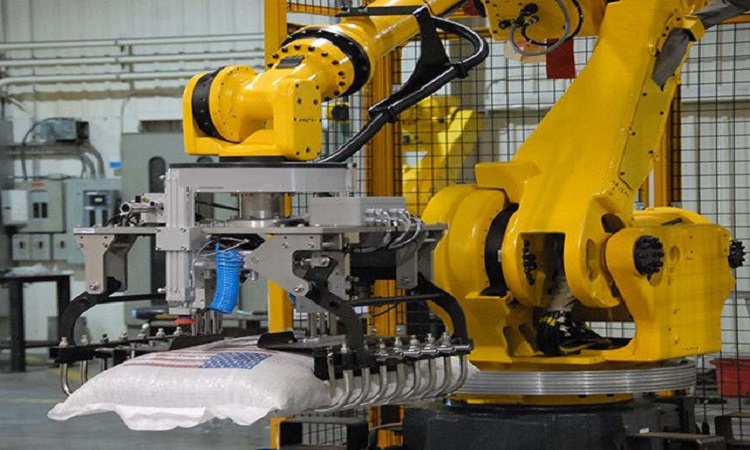Contrary to popular belief, robotic applications are not a reserve of big automotive or production companies. Today, technology has greatly advanced and this has resulted in flexible and easy to program robots which can be used by both small and medium sized companies.
Universal robots, an established robot manufacturer is developing a specialized industrial robotic arm that can be used by small companies in their production activities. This is meant to increase production, and individuals do not require prior robotic experience to operate them.
Universal Robots has been quite instrumental in assisting small companies to collaborate with other players within the robotic industry in order to execute various tasks such as welding and assembling adequately.
Integrating Workforce and Robots
Finding qualified staffs capable of executing specific jobs is becoming harder by the day. This is why many companies are opting to incorporate both robots and humans within the same workspace. By so doing, employees can handle complex tasks which require cogitation and knowledge.
This will leave the rest of the tasks which require endurance, strength, and accuracy to the robots. Therefore, industrial automation promises to be the ultimate solution for small and medium sized companies to achieve better results. A wide range of automation systems today are still tailored for huge industrial robots. However, Universal Robots is changing this with easy to program and flexible robots.
Utilizing robots especially today when technology have greatly advanced is easy. They can be customized to execute numerous tasks without needing intricate programming methods. Currently, both small and midsize companies are rapidly embracing robotic technology. This trend is expected to continue and increase in the coming years as businesses compete to maintain an edge ahead of their competitors.
By incorporating robots in their enterprises, small manufacturers will be laying down a strong foundation to implement services that their target market requires. In addition, they will be promoting a culture that aims at improving employee expertise and talent within the workplace.
Robotics are the future of Small and Medium Sized Businesses
Both small and medium sized manufacturers face similar challenges as their already established counterparts. These may range from their supply and procurement chains, and employee management. Perhaps the only difference is the scale and load of work and the risk level each has to encounter with every decision they make.
There have been major concerns that robots will replace human workforce. However, many manufacturers are realizing that this may not be the case as they strive to conquer challenges which stretch way beyond automation. Small and medium sized businesses are set to benefit from using robots as seen below.
Jobs will Become more Productive
Incorporating robots within the manufacturing industry does not mean that employees will seize to exist. Rather, work related responsibilities and titles will have to be analyzed and augmented. Automating repetitive and dangerous tasks and providing adequate expertise and data required for successful completion of work, employees can undergo refresher courses to equip them with necessary skills enabling them to collaborate safely with the robots.
Increased precision
With many experienced employees retiring and their tasks being taken over by inadequately experienced young individuals, chances of incurring error at the factory are high. Machine learning enables robots to master how experienced employees establish defects, make decisions, and develop products. In this case, the robot will be tasked with executing a job with ultimate precision.
Reduce Investment Costs
Robots are embedded with sensors to help suppliers regulate the output rate. This is an ideal and cost effective way of optimizing running capital. Manufacturers do not have to make a hefy one time purchase, they can opt for service agreement with a provider who is comfortable with usage billing without owning the robot.
Limited Disruptions from broken machines
Robots embedded with sensors hardly break down which means they require less repairs. By keenly supervising performance and watching out for operational irregularities, robot manufacturers can dispatch an engineer to troubleshoot imminent problems, curb cyber attacks, and include new programs.
Finally
Adaptable, affordable, and intelligent robots are paving way for favorable operating circumstances for small and medium sized manufacturers. As much as accessing and executing technology is easy, automating every process is not necessary.
